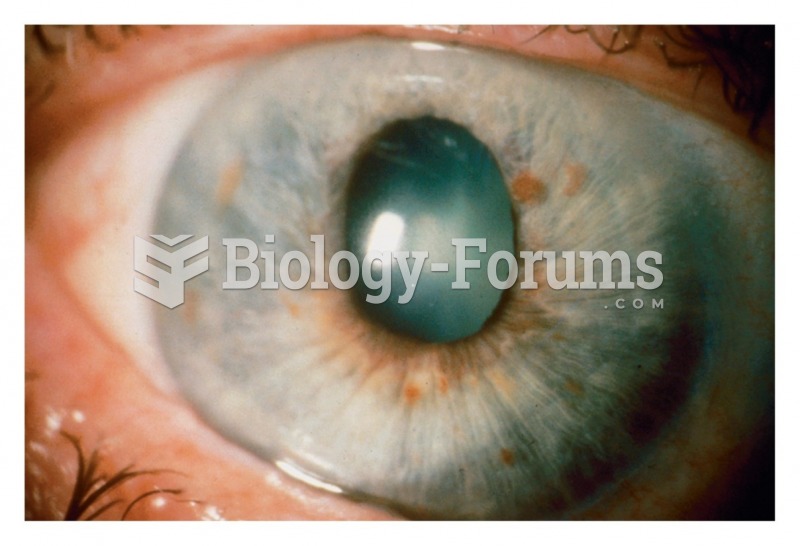Which of the following indicates safe delegation?
a. The nurse supervisor for a large urban acute care department asks the unit manager to accept two new acutely ill patients, which the manager does. The unit is short two staff, and the replacement is inexperienced.
b. A unit manager agrees to release a staff from her unit to Unit B. The staff member she agrees to release is experienced on Unit B and is agreeable to the change. The unit manager's unit is fully staffed and patients are stable.
c. The nurse supervisor asks the head nurse for Unit A to make do without a replacement for an ill staff member because Unit A was originally overstaffed anyway. Patient acuity levels are very high on Unit A and two staff are orientating.
d. The nurse supervisor asks the charge nurse on Unit B to cover Unit F, which is two floors up, because the charge nurse for Unit F is ill. The charge nurse for Unit B is an experienced manager but has no experience with the nursing care required on Unit F.
ANS: B
When span of control (number of individuals for whom a manager is responsible) is compromised by geographic factors such as lack of proximity, instability in patients' conditions, or lack of experience, the span of control that is being delegated may lead to unsafe care.
Question 2
In delegating to a UNP in a home health setting, which of the following represents the most appropriate delegation communication?
a. You will be taking care of Mrs. S., who needs assistance with her bath.
b. You will need to help Mrs. S. get into and out of her shower. Ensure that you check the condition of her feet, and let me know if you have any concerns when you check in.
c. I am not sure that you know how to do this, but I am giving you Mrs. S. She is quite obese and needs skin care.
d. Mrs. S. needs help to get into and out of her bathtub. Her bath will need to be completed by 10:00. When you are helping her to dry, please check between her toes and toenails, and phone me by 10:30 if you notice nail discoloration or redness.







